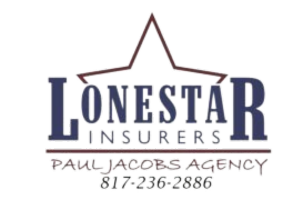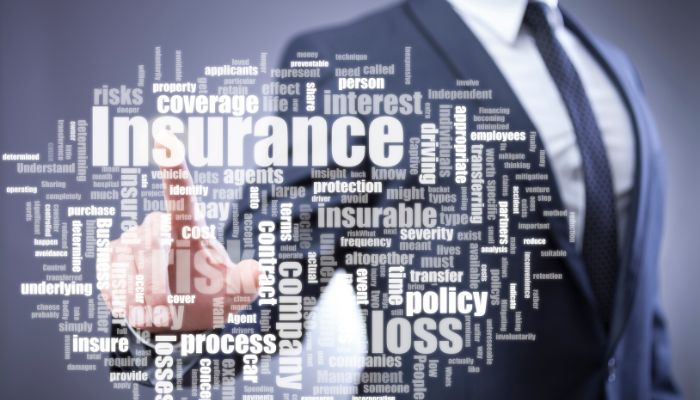Running a business comes with its fair share of risks. No matter the industry, size, or location, businesses face challenges every day—unexpected accidents, legal liabilities, and even natural disasters. That’s where commercial insurance comes into play. If you’re a business owner, you’ve likely heard the term, but understanding what commercial insurance is, how it works, and why it’s essential for your business can make all the difference when safeguarding your livelihood.
In this blog post, we’ll break down what commercial insurance is, the various types, and why you need it to protect your business. Let’s dive right in.
What is Commercial Insurance?
Simply put, commercial insurance is a type of coverage designed to protect businesses, their owners, and their employees. Unlike personal insurance that covers individuals (like auto or home insurance), commercial insurance is tailored to shield businesses from financial losses that can result from accidents, lawsuits, property damage, and other unforeseen events.
Business owners face a wide array of potential risks daily, and commercial insurance acts as a safety net. Without it, you might find yourself covering hefty costs out of pocket if something goes wrong.
Why is Commercial Insurance Important?
You might be thinking, “My business is running smoothly. Why should I worry about insurance?” Well, even the most well-oiled machine can run into trouble, and the fact is that no business is immune to risks. Here are a few reasons why commercial insurance is crucial:
- Protection Against Legal Claims: Let’s face it—accidents happen, and when they do, they can lead to costly legal battles. Whether it’s an employee injury, a customer suing for damages, or a disagreement with a supplier, lawsuits can cripple a small business financially. Commercial insurance provides coverage for legal fees, settlements, and judgments that might otherwise sink your business.
- Safeguarding Assets: Your business assets—whether it’s office equipment, inventory, or the physical building—are essential to operations. If a fire, flood, or theft damages your assets, commercial property insurance helps cover the repair or replacement costs.
- Employee Coverage: Employees are your greatest asset. Commercial insurance often includes workers’ compensation, which is required in most states. If an employee gets injured on the job, workers’ compensation insurance helps cover their medical expenses and lost wages. This not only protects the employee but also shields the employer from expensive lawsuits.
- Peace of Mind: At the end of the day, business owners already have a million things to worry about. Knowing you’re protected against unforeseen events allows you to focus on growing your business instead of worrying about what might go wrong.
Types of Commercial Insurance
Now that we’ve established the importance of commercial insurance, let’s look at some of the common types available. Depending on your business and industry, you may need a combination of these to ensure complete protection.
- General Liability Insurance
This is the most basic form of commercial insurance and covers common risks like bodily injury, property damage, and personal injury claims. For example, if a customer slips and falls in your store, general liability insurance will cover the medical expenses and any legal costs that arise. - Commercial Property Insurance
This covers your business’s physical assets, like the building, equipment, and inventory, against damage from fire, theft, or other disasters. Even if you rent your space, you may still need property insurance to protect your business assets. - Business Interruption Insurance
What happens if a major storm forces you to close your business for a week or two? Business interruption insurance (also called business income insurance) covers the loss of income during periods when you cannot operate. It ensures you still have cash flow to cover expenses like payroll, rent, and utilities while your business is temporarily closed. - Workers’ Compensation Insurance
As mentioned earlier, this type of insurance covers medical expenses and lost wages for employees who are injured or become ill as a result of their work. It also provides disability benefits and protects employers from lawsuits related to workplace injuries. - Professional Liability Insurance
Also known as errors and omissions (E&O) insurance, this policy is crucial for businesses that provide services or advice. If your business is sued for negligence or failing to deliver on a promised service, this insurance will help cover the legal fees and any potential settlements. - Cyber Liability Insurance
In today’s digital age, cyber threats are a serious concern for businesses of all sizes. Cyber liability insurance protects your business if sensitive data is stolen or compromised through a cyber attack or data breach. It can help cover the costs of notifying customers, restoring lost data, and even legal expenses related to the breach.
How to Choose the Right Commercial Insurance
Choosing the right commercial insurance for your business isn’t a one-size-fits-all approach. It depends on factors like your industry, the size of your business, the number of employees, and the specific risks you face. Here are a few steps to guide you:
- Assess Your Risks: Start by identifying the potential risks your business might encounter. For example, a retail store may face different risks than a construction company.
- Consult an Insurance Agent: An experienced insurance agent or broker can help tailor a policy to your specific needs. They’ll help you understand what’s required by law and recommend additional coverage options based on your business operations.
- Compare Policies: Don’t settle for the first quote you receive. It’s important to shop around, compare coverage limits, and check out customer reviews before making your decision.
- Review and Update Regularly: As your business grows, so do your risks. Make it a habit to review your insurance policy annually and update it if necessary. You don’t want to be underinsured when disaster strikes.
Conclusion
In the unpredictable world of business, commercial insurance is your safeguard against the unexpected. It not only protects your financial investment but also ensures that your business can weather the storms of accidents, lawsuits, and natural disasters. By understanding your risks and selecting the right coverage, you’re setting your business up for long-term success.
So, if you haven’t already, take the time to explore your commercial insurance options and protect what you’ve worked so hard to build!



